
Medical Economics counts down the top challenges facing physicians in 2020.

Medical Economics counts down the top challenges facing physicians in 2020.

Medical Economics counts down the top challenges facing physicians in 2020.

Proposed rule would allow states to import certain prescription drugs from Canada under conditions that pose no additional risk to patients.
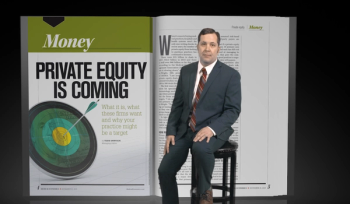
Rick Zall, JD, an attorney and chair of Proskauer’s healthcare group, discusses how medical practices can prepare for a private equity acquisition.

Medical Economics counts down the top challenges facing physicians in 2020.

Medical Economics counts down the top challenges facing physicians in 2020.

Several factors are pushing organizations to shift certain surgeries to the outpatient setting.
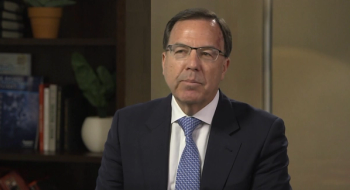
Rick Zall, JD, an attorney and chair of Proskauer’s healthcare group, discusses private equity acquisitions of medical practices.

Korunda Medical, LLC, of Florida, has agreed to pay $85,000 and take corrective actions to settle allegations they violated HIPAA’s right to access provision.

New research article finds U.S. primary care doctors don’t receive the timely information needed to coordinate patients’ care compared to other high-income countries.

The U.S. Senate confirmed Stephen Hahn, MD, to head up the FDA replacing Scott Gottlieb, MD, who left the post in the spring.

A guide to an informed decision on life insurance.


Readers respond to recent articles.

What price transparency rules would mean to physicians.

Unconscious bias is the main cause of gender discriminations against female doctors.

Spanish-speaking patients who refuse vaccines aren’t always getting the right message, according to a new report.

President Donald Trump offered his support for flu vaccines and promised to promote additional research on seasonal flu, but will it help?

Insight into a doctor's New Year's resolutions...

Many times a patient’s “Oh, by the way …” comment turns an encounter that was scheduled as a preventive medicine visit or a minor office surgery into something more.

That’s the good news for advocates of value-based pay. The bad news is the system remains largely dependent on fee-for-service.

Practice transformation to a direct pay or concierge model is one solution physicians are taking to deal with burnout, declining revenue and payer hassles.

Could telehealth reverse the trend?
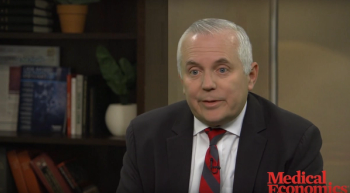
James Underberg, MD, discusses how the physician-patient relationship has changed, and what physicians should do to strengthen their ties with their patients.
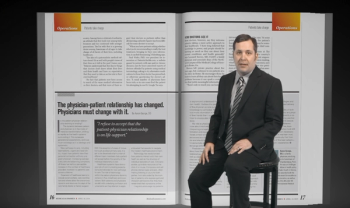
James Underberg, MD, discusses how he left a large health system to open his own practice, and provides tips for physicians considering the same move.
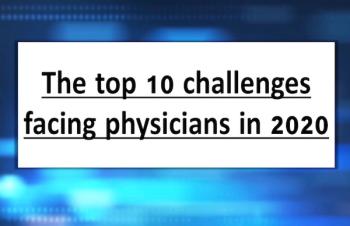
Here are the major challenges physicians will contend with in 2020, and some possible solutions.

4 ways to address the needs of LGBTQ patients.

More than ever, people are seeking ways to alter their behavior and, thus, their overall health.

Some experts say primary care physicians are not routinizing sexual health discussions as part of general health screenings